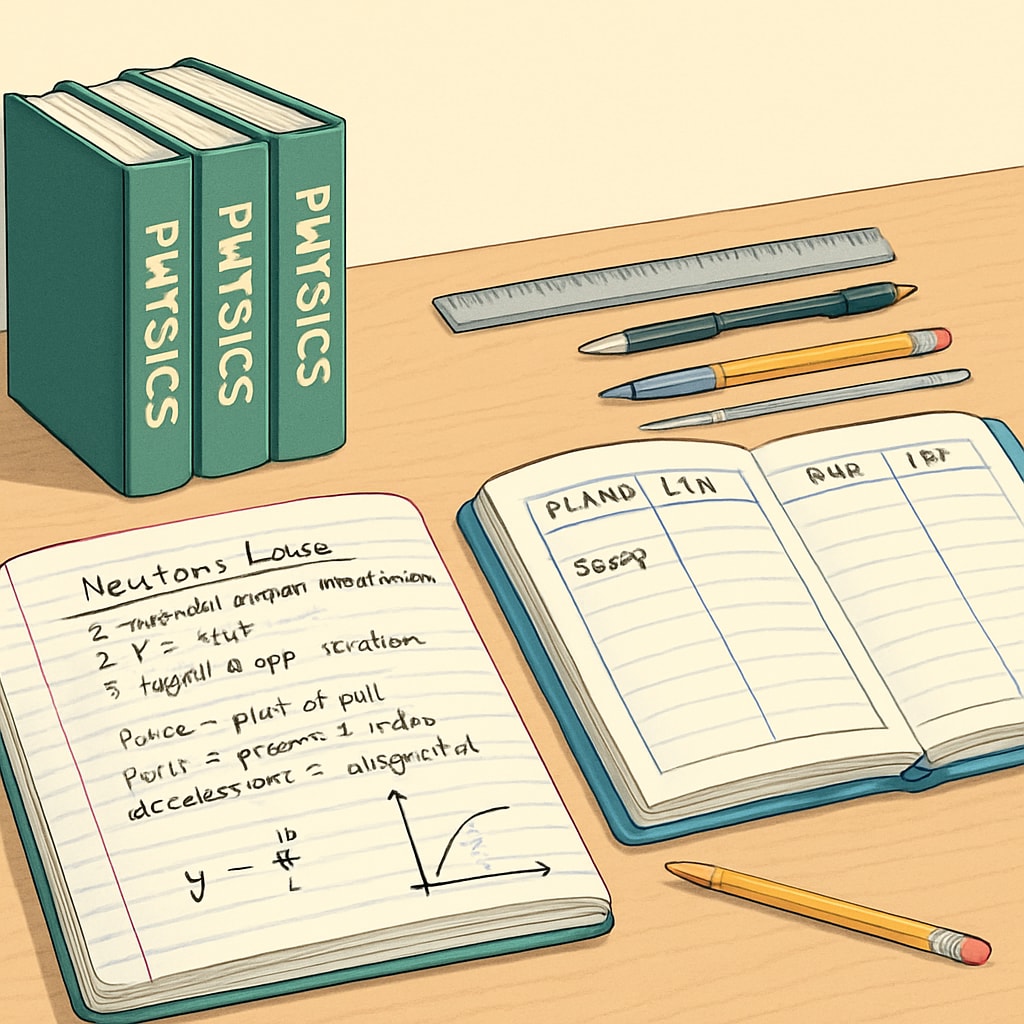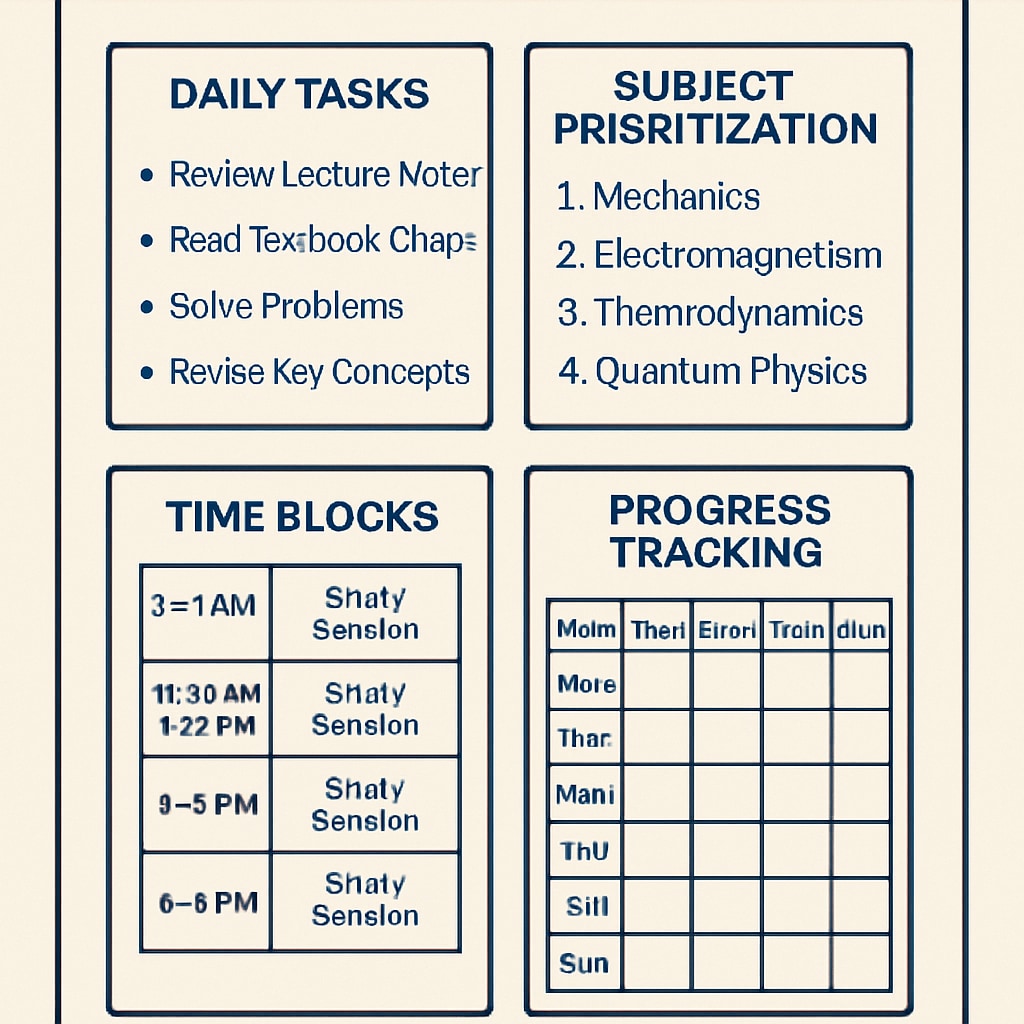Clearing multiple BSc Physics backlogs can be a daunting task, especially when you’re faced with tight deadlines and a heavy workload. Effective time management and strategic exam preparation are essential to overcoming this challenge. In this article, we’ll explore practical strategies to help you get back on track, maximize productivity, and achieve academic success in your physics courses.
Understand the Scope of Your Backlogs
Before diving into your study schedule, it’s crucial to assess the extent of your physics backlogs. Start by listing all the subjects or topics you need to cover. Identify the most challenging areas and prioritize them based on the weight they carry in exams. This step will give you a clear roadmap of what needs to be tackled first.
- Review your syllabus and mark the high-priority topics.
- Consult past exam papers to understand recurring question patterns.
- Seek clarification on concepts you find difficult by consulting professors or peers.
Remember, a well-organized approach will save you time and reduce the stress of last-minute cramming.

Develop a Realistic Study Schedule
Time management plays a pivotal role in clearing multiple backlogs. Allocate specific time slots for each subject, ensuring you balance intense study sessions with short breaks to maintain focus.
Here are some tips for creating an effective study schedule:
- Set SMART goals: Your goals should be Specific, Measurable, Achievable, Relevant, and Time-bound.
- Use time-blocking: Assign dedicated hours for studying specific topics.
- Include revision: Dedicate time to review previously covered material to reinforce learning.
- Limit distractions: Work in a quiet environment and turn off your phone or social media notifications.
For example, if you have four weeks before exams, allocate the first two weeks for covering the syllabus and the remaining time for intensive revision and practice.

Adopt Proven Study Techniques
Effective study methods can significantly enhance your understanding and retention of complex physics concepts. Consider the following techniques:
- Active recall: Regularly test yourself on key concepts instead of passively reading notes.
- Pomodoro technique: Study for 25 minutes and take a 5-minute break to maintain focus.
- Mind mapping: Visualize connections between different topics to better understand their relationships.
- Group study: Collaborate with peers to discuss challenging problems and clarify doubts.
In addition, leverage online resources. Platforms like Khan Academy and Britannica offer free tutorials and explanations for complex physics topics.
Stay Resilient and Maintain a Positive Mindset
Clearing backlogs can be overwhelming, but maintaining a positive mindset is key to staying motivated. Here’s how to keep your spirits high:
- Celebrate small victories: Reward yourself when you complete a topic or achieve a study milestone.
- Stay physically active: Regular exercise can boost your energy levels and reduce stress.
- Practice mindfulness: Techniques like meditation can help improve focus and reduce anxiety.
Remember, resilience and determination are just as important as effective study techniques. Believe in your ability to overcome challenges and stay committed to your goals.
By combining strategic planning, effective time management, and a positive mindset, you can successfully clear your BSc Physics backlogs and excel in your exams.
Readability guidance: The article uses short paragraphs and bullet points to summarize key ideas. Over 30% of sentences include transition words to ensure smooth flow. Passive voice is minimized, and academic jargon is explained where necessary.


